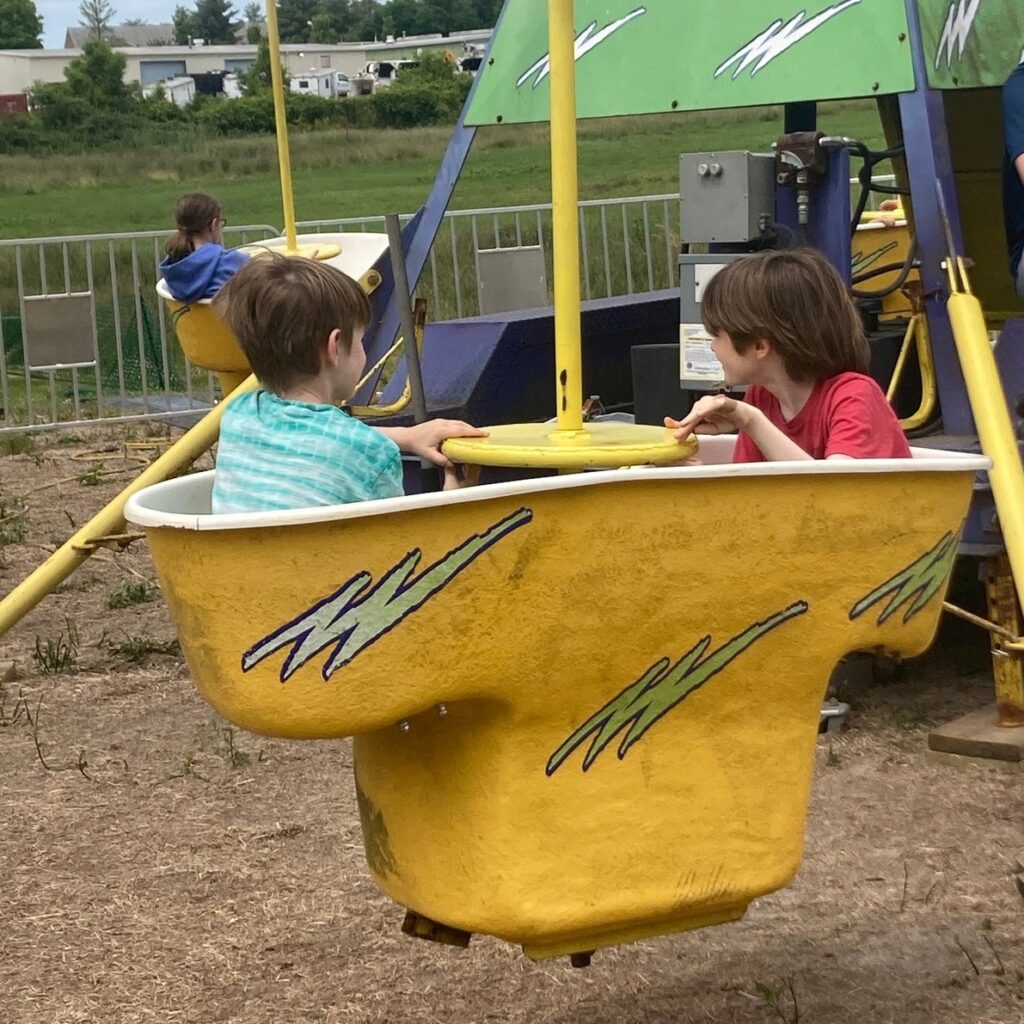
“You aren’t supposed to lead play, just watch,” the parenting expert voice in the back of my head said. So I sat there on the living room floor and watched, keeping my mouth closed, lest I pass judgment on how my kid was playing.
Even though something felt ‘off’ about this statement, I couldn’t help but see it as the culmination of so much parenting advice – and more strikingly, parent shaming.
On one hand, there’s “Children should be supervised” on the playground signs. There’s “Where is their mother?” wherever a stranger thinks your child is “misbehaving” – including a guy smoking pot on the Metro platform who judged my kid as too far away from me. (Really, of all people, dude?) There’s “Weren’t you watching?!” if a child gets hurt at all, even a scrape. There’s “I would never let my child do that” about letting a nine year old go to the park alone.
But on the other hand, there’s “Don’t be a helicopter parent and interfere.” There’s “Your child will be externally motivated instead of internally if you praise them too much.” There’s “If you lead play, they won’t be creative enough.”
When you put them together, it turns into an impossible, endless demand that we shut up and observe. Always present, but only interfering when absolutely necessary. Society sends moms the message society to watch passively, being faintly encouraging and always available. Never fulfilling our own needs, never thinking about anything but our children, but even then only appreciating them from afar. It removes active involvement from both parents and in a way – because they’re always under observation – from children.
Yet, something in the back of my head told me that this was not how it was supposed to be. As a mom who believes both in a degree of safety and the importance of free play, all of the messages made some level of sense individually. But they didn’t add up to anything except unrealistic, often harmful expectations for parents and kids alike.
Having found myself uncomfortable and frustrated by that passivity, I started finding ways to both grant my children and myself more independence.
The first way I found is to join in the play without guiding them, finding ways to participate that respect both of us. When we play, I let them lead and follow along, playing my role out with gusto. I demonstrate what it is like to be a good playmate instead of telling them the right way to play. When my kids color, I pick out a sheet and color right beside them (it’s very meditative). When my kids were younger, I’d roll the play dough out as my kids did. When they’re at the playground, I swing on the swings too or often get talked into playing a game of tag. (First graders never get tired of tag.) When my kid is at track practice, I run the track myself, separate from practice.
My husband and I also increasingly leave the kids alone to play by themselves. Learning to entertain yourself is a valuable skill, even if it’s one my younger son doesn’t like learning. (He’s an extrovert in a family of introverts.) The level of impulsivity and emotional intensity in my household has made play with both kids tough until recently. Thankfully, now they can play together for quite some time without anyone getting hurt or yelled at. The other day, my kids pulled out their play bow and arrow and set up various targets around the yard out of gardening supplies. This time without adults gives them independence and the ability to practice problem solving without direct supervision or guidance.
My husband and I decide what to do on a case by case basis, judging how much the kids need a grounding presence based on mood. We focus on love and connection and meeting everyone’s needs as best as we can instead of the “right” way to do it. As someone with a very weak sense of intuition in relational situations – including parenting – it’s often hard to trust my judgment. I want to fall back on rules and best practices. But the best practice is the best practice for your family. It’s rooted in relationship and mutual respect and trust. It’s the opposite of being passive or being controlling – it’s being actively there, in a way that we’re all supporting each other in love.